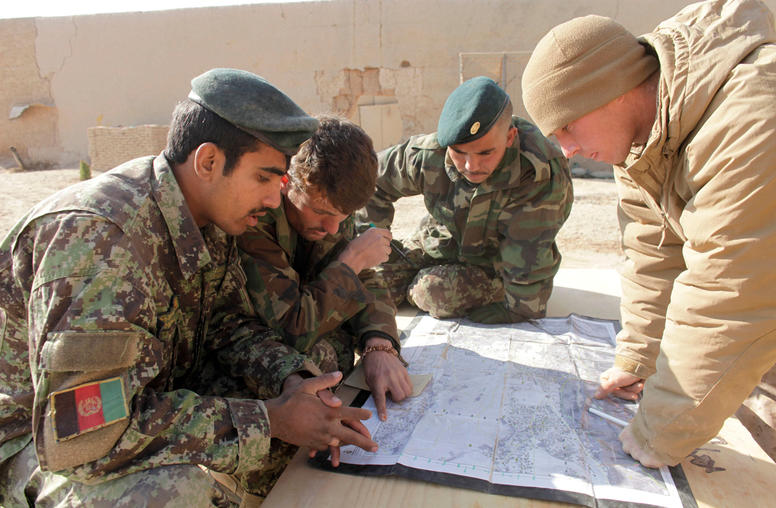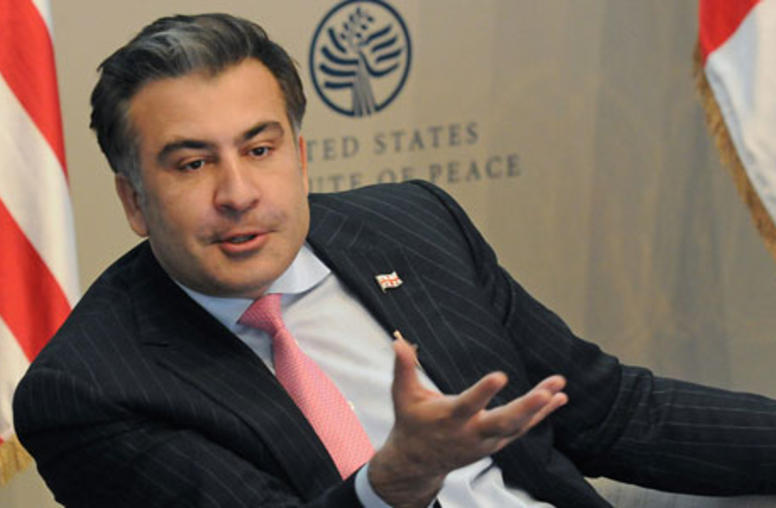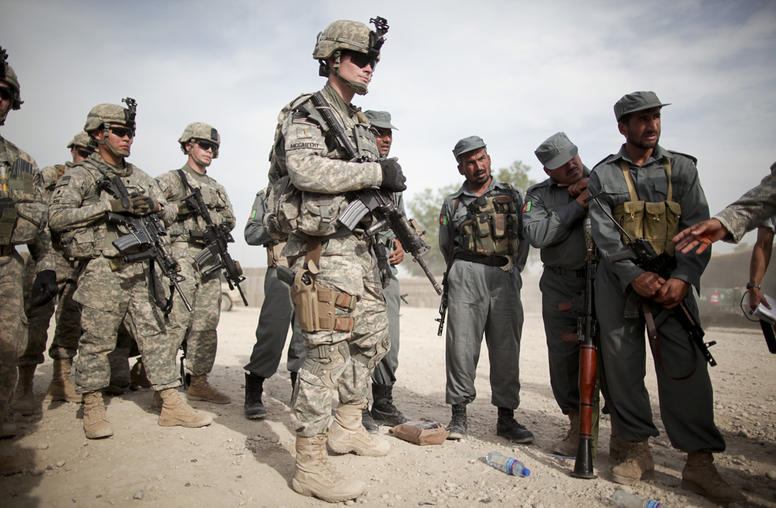Question And Answer
Publications
Articles, publications, books, tools and multimedia features from the U.S. Institute of Peace provide the latest news, analysis, research findings, practitioner guides and reports, all related to the conflict zones and issues that are at the center of the Institute’s work to prevent and reduce violent conflict.

Science, Technology and Peacebuilding at USIP
USIP’s Sheldon Himelfarb, director of USIP’s Center of Innovation for Science, Technology and Peacebuilding, and Andrew Robertson, a senior program officer with the center, discuss the latest developments on technology, science and peacebuilding – and where the new field is going.
USIP President to Step Down, After 19 Years of Peacebuilding Leadership
After nearly two decades of leading the United States Institute of Peace, Richard H. Solomon announced on January 26 that he will step down as president in September 2012.
The Politics of Oil and a Proposed Pipeline for South Sudan
USIP's Jon Temin and Raymond Gilpin take questions on recent events in South Sudan, where a controversial plan to build an oil pipeline across Kenya was recently announced.

Georgian President, at USIP, Says Reforms Must Follow Revolutions
Arguing that the popular uprisings of the past year reflect the global appeal of American values of freedom, Georgian President Mikheil Saakashvili, who led his own country’s 2003 “Rose Revolution,” told an audience at the U.S. Institute of Peace (USIP) on February 1 that the success of such revolutions requires sweeping reforms that aim for a complete “social transformation,” commence quickly and “never stop.”

Winding Down the Combat Mission in Afghanistan
USIP experts provide a quick analysis on Defense Secretary Leon Panetta's announcement about the U.S. ending the combat mission earlier than expected.
As Violence in Syria Worsens, U.S. Withdraws Embassy Staff
After several days of intensive negotiation, Russia and China vetoed a United Nations Security Council resolution on Saturday, February 4 that would have required Syria to implement the terms of an Arab League transition framework. USIP's Steve Heydemann assesses the current situation.
Reforming the Security Sector in Tunisia and Libya
Bob Perito, director of USIP's Security Governance Center of Innovation, recently returned from Tunisia and Libya, where he met with police, military and government officials to examine the current status of the security sector in each country.

USIP Extends its Engagement of Teachers and Students with New Online Resources
As part of its mission to educate key audiences about peacebuilding and conflict management, the United States Institute of Peace (USIP) in February activated a virtual Global Peacebuilding Center, providing younger audiences and educators with substantial peacebuilding resources and activities.
Making Sense of the U.N. Impasse on Syria
Abiodun Williams discusses the U.N. Security Council's rejection of a resolution on the violence in Syria and its implications for "Responsibility to Protect." Williams is acting senior vice president of USIP’s Center for Conflict Management (CCM), where he leads its work in conflict zones such as Afghanistan, Iraq, Pakistan, the Middle East and North Africa.
Q&A: The Risks of Isolationism
USIP’s Steve Hadley, former national security adviser to President George W. Bush, discusses the risks of isolationism, and why the U.S. must remain engaged in the world, despite domestic economic constraints.